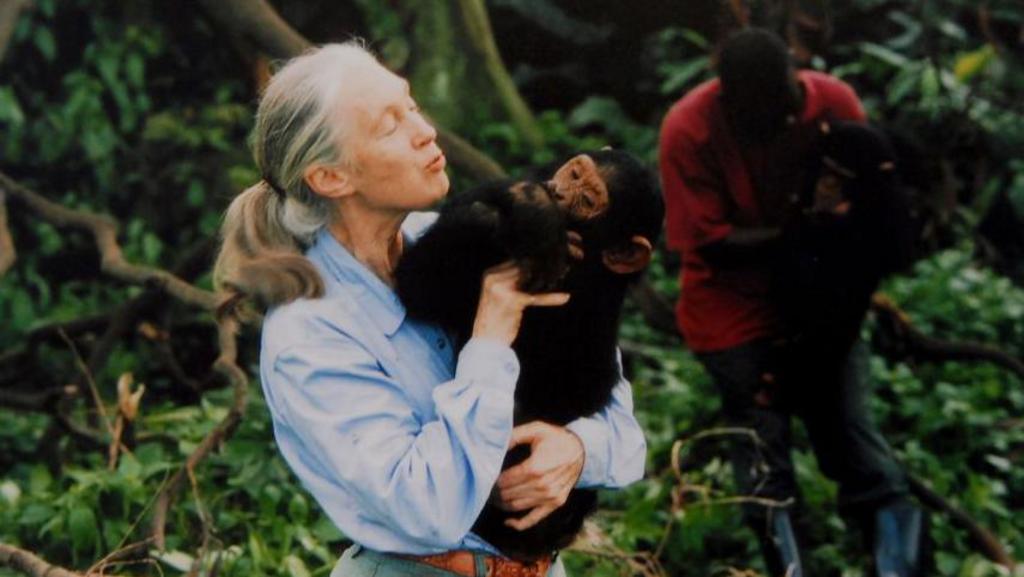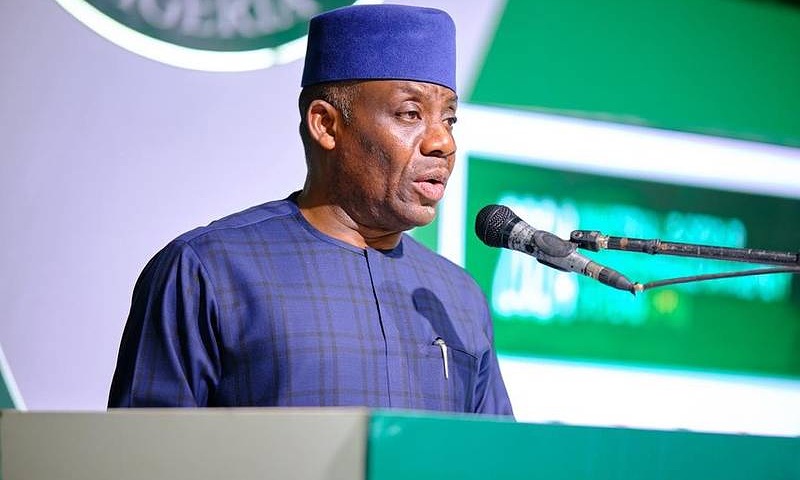Jane Goodall, the world-renowned primatologist and conservationist, died on October 1, 2025, at age 91. Her institute announced that she passed away of natural causes while in California on a U.S. speaking tour. She spent decades transforming how we understand primates and humanity’s place in nature.
For many, her death marks the end of an era. She blurred the lines between science, activism, and storytelling, inspiring generations to care more deeply for wildlife and the planet.
From London to Gombe: The Journey Begins
Born in London in 1934, Goodall dreamed of Africa from her youth. Despite limited formal education early in life, she pursued her passion for animals. A major turning point came when she met anthropologist Louis Leakey, who gave her the opportunity to study chimpanzees in Tanzania.
In 1960, she traveled to Gombe Stream Reserve, where she immersed herself in observing chimpanzees’ behaviours. Her methods of living among the animals, giving them names, and chronicling their social lives ran counter to conventions, but they led to breakthroughs.
Scientific Breakthroughs and Paradigm Shifts
Early in her work, Goodall observed chimpanzees using tools to fish termites, a behavior previously believed unique to humans. She also documented hunting, complex social dynamics, and distinct personalities among individuals. Her findings forced scientists to rethink long held assumptions about human uniqueness.
Her commitment went beyond research. She founded the Jane Goodall Institute in 1977 to support conservation and community projects. She also established the Roots and Shoots youth program to empower young people globally to take environmental action.
Her Voice in Conservation and Advocacy
Over the years, Goodall evolved into a global voice for nature. She spoke passionately about habitat loss, climate change, human wildlife conflict, and the need for sustainable policies. Even into her 80s and 90s, she maintained a relentless schedule of speaking engagements, interviews, and campaign work.
Her impact extended beyond chimpanzees. She became a moral compass in environmental debates, pushing audiences to recognize that human well being ties deeply to ecological health.
Legacy, Tributes, and What Comes Next
Tributes poured in worldwide from scientists, leaders, youth groups, and communities she inspired. Her legacy lives through her writings, her institute’s projects, and millions of people she influenced.
Her passing raises questions about how we preserve momentum in conservation. The institutions she founded must now carry forward her vision in a world where environmental threats intensify.
Yet her legacy remains clear: empathy for animals, courage in following curiosity, and a belief that each person can act to protect the planet. As the world mourns, her life reminds us to keep striving for a more compassionate and sustainable future.
Bonus Read:




2 thoughts on “Jane Goodall Dies at 91: A Legacy of Chimpanzees and Conservation”